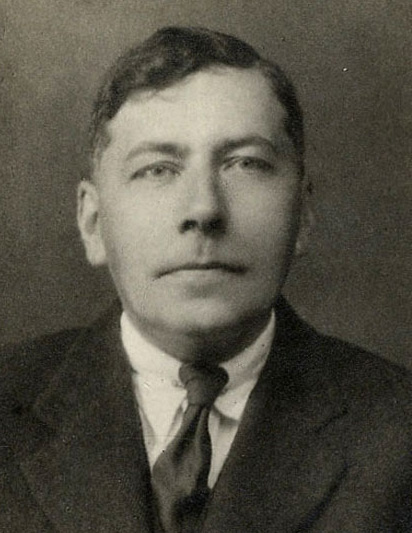| Profile | Major Works | Resources |
Gerald F. Shove, 1887-1947.

Cambridge economist, best known as a tireless teacher and supervisor of undergraduates.
Gerald Frank Shove was educated at Uppingham, and enrolled at King's College, Cambridge, in 1907, where he came under the tutelage of John Maynard Keynes, graduating in 1911. Recruited into the "Apostles" in 1909, Shove became a close friend of Keynes, and was one of the few Cambridge colleagues who overlapped into Keynes's private world with the Bloomsbury group in London.
Shove was also involved with the Fabians and the Liberal Party. A lifelong pacifist, Shove obtained exemption as conscientious objector during WWI. Shove put out a pacifist paper, Face the Facts during the war. Shove would later organize the New Peace Movement during the 1930s.
Despite Keynes's sponsorship, Gerald Shove failed to obtain a fellowship at Cambridge in 1914 with a dissertation on G.E. Moore's philosophy. Nonetheless, Shove was appointed lecturer in economics in 1923, and through the next couple of decades took over much of Keynes's lecturing responsibilities, relieving the busy man to carry on his busy work. Shove was finally elected fellow of King's College, Cambridge in 1926. He went on to serve as Provost (head) of King's College after 1933. Never comfortable with writing, and weighed down by classes and administrative duties, Shove published very little. Shove's rare ventures into print were mostly in defense of Marshallian orthodoxy against the theoretical assaults of Sraffa, Robinson and Keynes.
|
Major Works of Gerald Shove
|
|
HET
|
|
Resources on G.F. Shove
|
All rights reserved, Gonšalo L. Fonseca
